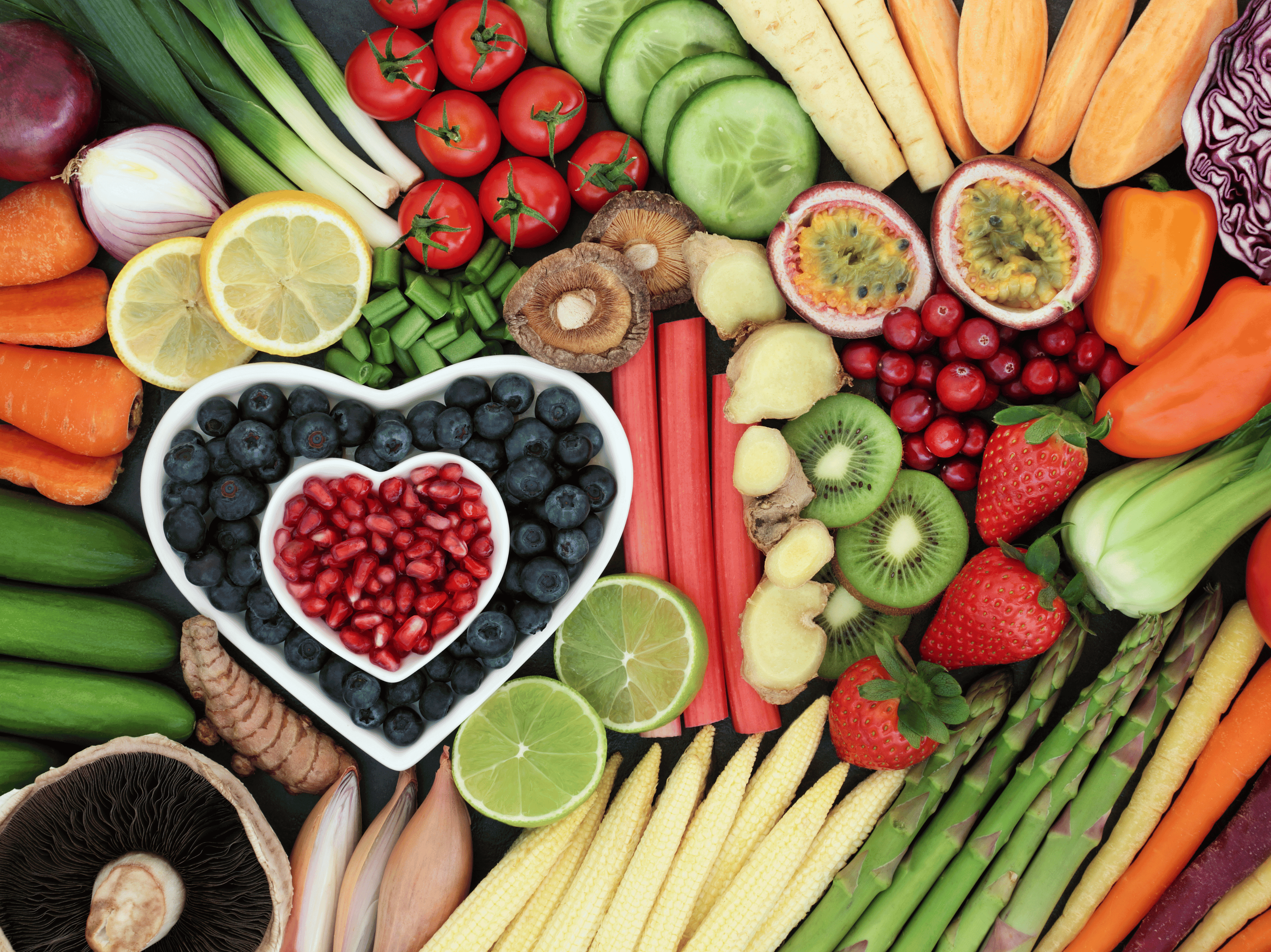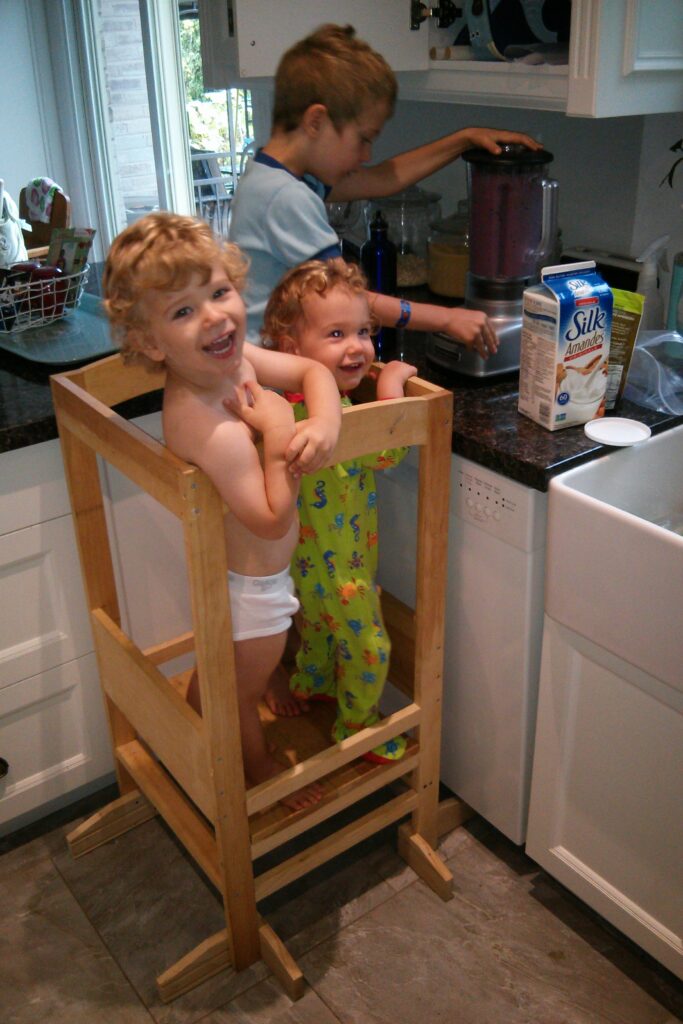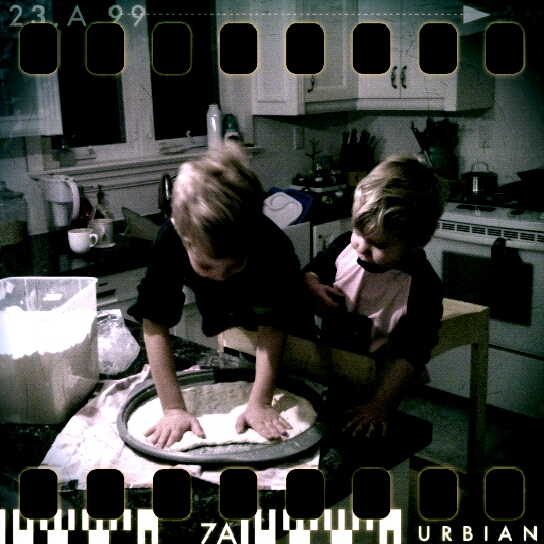
Disclaimer
All material and programs provided by Living Literacy, through the website, www.livingliteracy.ca are designed for informational and educational purposes only. They do not constitute medical advice, and are not intended to replace the advice provided by your healthcare professional or physician. You should not rely on this information as a substitute for, nor does it replace, professional advice, diagnosis, or treatment. The owners of this website and its affiliates assume no responsibility or liability for any consequence resulting directly or indirectly from any action or inaction you take based on the information found on or material linked to on this site.
Growing up, I have always resonated with the famous Hippocrates quote, “ LET FOOD BE THY MEDICINE AND MEDICINE BE THY FOOD”. It’s a simple yet profound reminder that what you eat or drink will either contribute to healing and feeling good or illness and feeling lousy.
When I became a mother, I knew how I wanted to raise our children and the kind of environment I wanted for them. I enjoyed the moments of making baby food and witnessing their reactions as they tried new foods for the first time. Knowing that I was nourishing them with healthy, whole foods brought me so much comfort and joy. We are a family that lives to eat rather than eats to live.

As our children grew older and started making their own food choices at home, during celebrations, playdates and birthday parties, I realized the importance of instilling healthy eating habits early on. For a long time my husband and I were in charge of what went into their bodies, but it didn’t stay that way for long! It can be so challenging when there are countless processed foods everywhere you turn. These foods offer much pleasure to the tastebuds trigger dopamine spikes in the brain. It is no wonder kids and adults love and crave sugary treats!
I vividly remember an incident when our eldest returned home from a birthday party feeling awful- he ended up with diarrhea and even wet the bed that evening. I attributed his experience to the amount of sugar and junk food he consumed. While he is highly-sensitive like his mama, his body often sends clear signals when it’s not happy. Bringing this awareness to him at an early age has allowed him to clearly see the connection between food and how his body feels.
Have you ever noticed your child’s behaviour change after eating sugary or artificially dyed food? Do some foods leave you feeling uncomfortable, bloated, gassy, lethargic or foggy in the brain? There is emerging research to suggest a correlation between the food we eat and our behaviour and mood.
Click here to read Dr. Elisa Song’s, article on how sugar and artificial dyes are affecting focus and attention. Dr. Elisa Song is a holistic pediatrician. It is so important to support our children and set them up for healthy development and learning. Food and nutrition needs to be a the top of the list!
WHAT CAN WE DO….
I believe, it begins when children are young and you can bring awareness to their bodies and how they feel after eating different foods. Eating as a family can help nurture these conversations and bring this awareness to them. If you’re starting a little later, not to worry! It is never too late- modelling changes in your own eating habits and lifestyle can encourage an openness to try new foods.

Here are a few tips from some of my favourite health experts that have helped me give my children the nourishment to set them up for optimal health and learning each day!
- HYDRATION– Try and stay away from sugary, artificially dyed drinks. They are full of sugar and other chemicals. Try and stick to water. If your child struggles with drinking plain water, try adding a squeeze of lemon or orange, or adding frozen berries. If your child is used to juice, dilute the juice with water and slowly remove more and more juice. My kids struggle to drink throughout the day so I remind them every morning to drink their water bottle and make sure it’s empty when they come home.
- WHOLE ORGANIC (at least dirty dozen) UNPROCESSED FOODS– Buying organic can be really expensive these days and so I make sure to buy at least the dirty dozen and do my best with everything else. Click here to see 2024’s dirty dozen and clean fifteen.
- EAT HEALTHY FATS AND OILS– Include fish oils, avocados, nuts and seeds in your child’s diet. They are all really healthy and amazing for their brain.
- STAY AWAY FROM SUGARY AND ARTIFICIAL DYES– So many foods and snacks contain loads of sugar and artificial dyes. Try and read the nutritional labels to limit the amount your child is eating. Below I have included a link to an incredible article sharing research that suggests sugar and artificial dyes affects behaviour and attention.
- EAT A HEALTHY, PROTEIN RICH BREAKFAST– Try to avoid cereal and milk in the morning. Although it is quick and easy to prepare, unfortunately most cereals are full of sugar which will not sustain energy levels for children when they arrive at school. You can increase their protein in their breakfast by including eggs, nuts and meats.
Remember it is progress over perfection. Every little bit helps and changing one thing in the right direction is a start. Would love to hear how it is going with you and your family!
Alynn xo